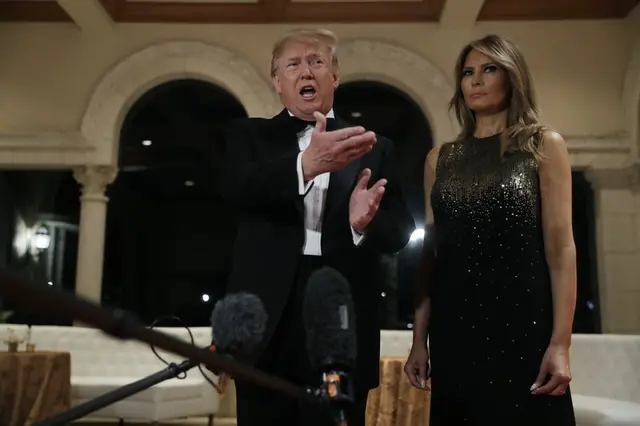The Australian Senate has passed sweeping changes to the country's immigration laws, including the re-introduction of the Temporary Protection Visas (TPVs), the Australian Broadcasting Corporation (ABC) reported Friday.
The bill, which relied heavily on the votes of Independent members and the Palmer United Party, will see Australia's annual refugee intake increase by 7,500 places.
It will also give asylum seekers on bridging visas the right to work in Australia.
However, refugees who have arrived in the country with TPVs could be forced back to their home country after three years if the government deems that conditions overseas have improved.
In order to pass the bill, Australian Immigration Minister Scott Morrison granted several requests from Palmer United Party members and Independents that the reforms would see children in detention on Christmas Island released immediately.
Senator Ricky Muir, from the Motoring Enthusiast Party, had a decisive say in the 34-32 vote to pass the bills. Afterwards, he said it was by no means perfect and that he was forced to make a decision between the better of two evils.
"I believe this bill has many bad aspects, however I am forced into a corner to decide between a bad decision or a worse position which I do not wish on my worst enemies," Muir said.
"(It is) a decision that involves human beings, children, mothers, fathers, lives of people who have had to endure unthinkable hardship, people pushed to the point where they go to any lengths to seek asylum."
Muir also revealed that letters from asylum seekers currently in detention swayed his decision.
"They state that if a TPV was the only option this government was going to offer, accept it because the mental anguish and pain can't go on. It was a plea, a loud cry for help," he said.
"I have also spoken with people who have worked closely with the detainees on Christmas Island. They told me that this bill is not completely fair but the detainees are tired, they have had enough and they want out."
However, the new laws have been met with criticism from human rights groups, with lawyer David Manne telling the ABC that they give the government too much power.
"Not only radical and extreme, but [they] will violate the fundamental rights," he said on Friday. "They'll violate the rule of law and they'll endanger the lives.
"And one of the crucial problems with these laws is that they will deny tens of thousands of people who are here in this country seeking protection a fair hearing."
 简体中文
简体中文

